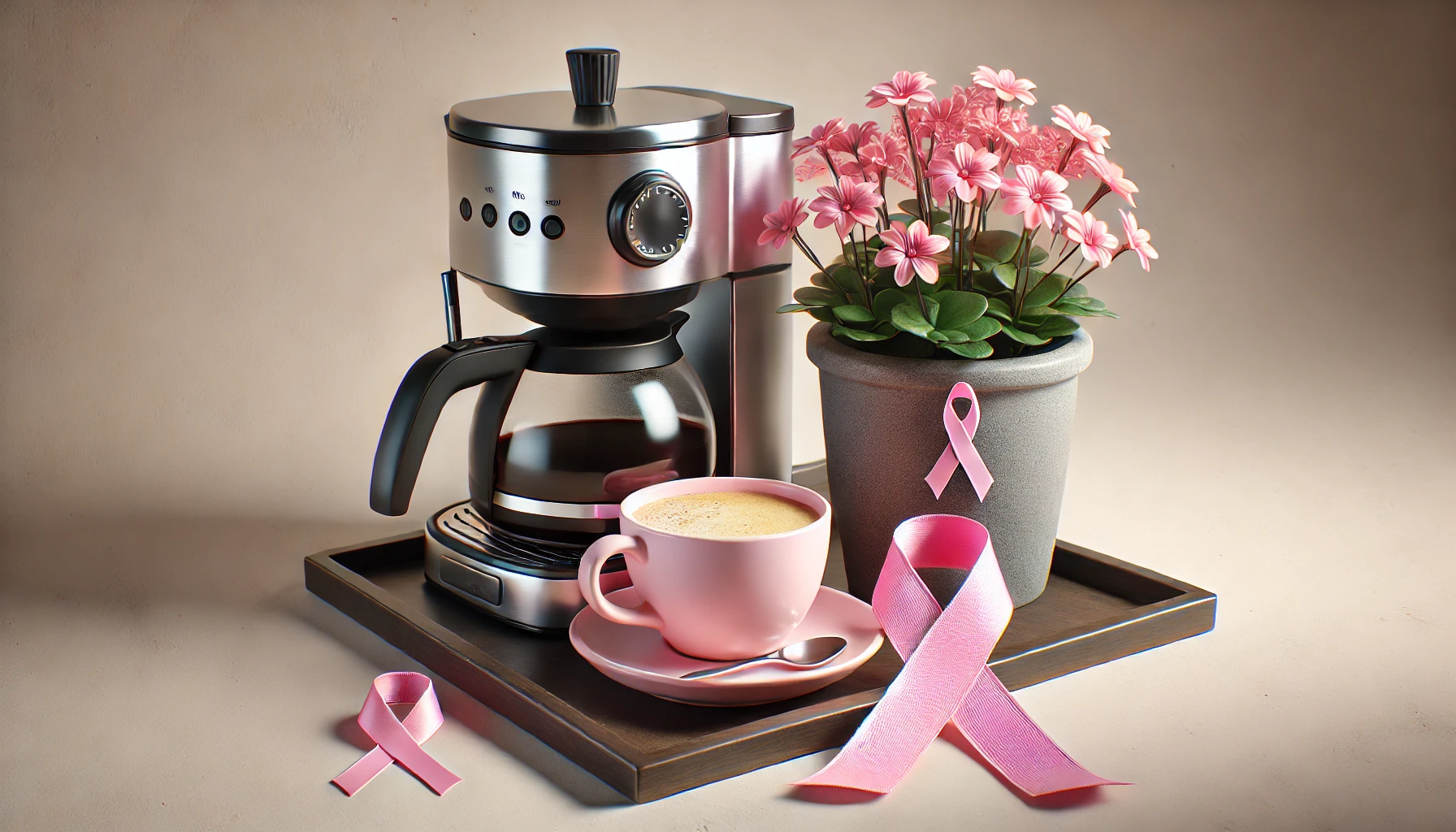Check out this answer from Consensus:
The evidence suggests that coffee consumption is associated with a reduced risk of certain cancers, particularly endometrial and liver cancers. However, it does not significantly affect the overall cancer risk and may increase the risk of lung cancer, especially among smokers. The protective effects of coffee are more pronounced for specific cancer types, while for others, the association remains inconclusive.
The relationship between coffee consumption and cancer risk has been a subject of extensive research. Various studies have explored whether coffee intake can reduce the risk of different types of cancer, with mixed results. This synthesis aims to present the key findings from multiple research papers on this topic.
Key Insights
- Reduced Risk of Endometrial Cancer:
- Reduced Risk of Liver Cancer:
- Reduced Risk of Other Cancers:
- No Significant Association with Overall Cancer Risk:
- Coffee consumption does not appear to be associated with an overall reduced risk of cancer. The pooled relative risk for all cancers combined is close to unity3.
- Increased Risk of Lung Cancer:
- No Significant Association with Other Cancers:
Does coffee reduce the risk of cancer?
Donald Wigle has answered Unlikely
An expert from University of Ottawa in Epidemiology
The article referred to in the question above is a report from the Institute for Scientific Information on Coffee which is funded by 6 major European coffee companies (the report is available here). However, the most authoritative review of coffee and cancer risk was published here by the International Agency for Research on Cancer (IARC) in 2016. IARC concluded that coffee drinking is not classifiable as to its carcinogenicity to humans.
Many epidemiological studies showed that coffee drinking had no carcinogenic effects for cancers of the pancreas, female breast, and prostate, and reduced risks were seen for cancers of the liver and uterine endometrium. For more than 20 other cancers, the evidence was inadequate to enable a conclusion to be made. Thus it is premature to conclude that coffee confers an overall reduced risk of cancer. Moreover, IARC concluded that drinking very hot beverages (over 65’C) probably causes esophageal cancer.
Does coffee reduce the risk of cancer?
Petra Peeters has answered Unlikely
An expert from University Medical Center Utrecht in Epidemiology
I consider – for research in humans – the World Cancer Research Fund the absolute best organization for questions relating to nutrition and cancer. They meta-analyze the worldwide available data and in their second report (2007) there is only one sentence devoted to coffee:
‘It is unlikely that coffee has any substantial effect on the risk of either cancer of the pancreas or of the kidney’.
End of May there will be a newly updated report, but I doubt that there will be more information on coffee. Risk factors for different cancer types differ. So the statement that coffee may reduce risk of cancer overall is too broad. The risk of specific types of cancer for example hepatocellular cancer (liver) might be slightly reduced.
Research is extremely difficult: just think of (polluted) water, (de)caffeine, and (hot) temperature, all characteristics that may have their own influence on cancer risk.
In my opinion, we do not have strong or even weak evidence that coffee drinking reduces or increases the risk of cancer.
